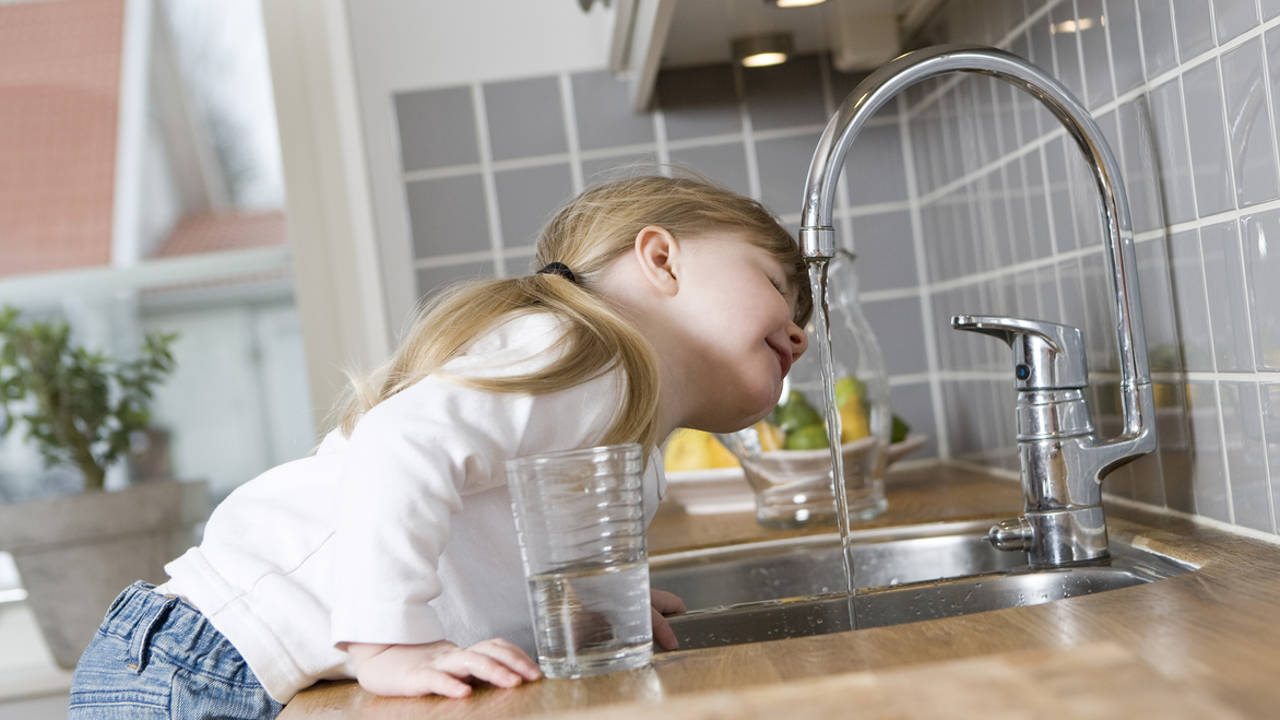It is bad to drink tap water . This statement, often heard in conversations about health and water quality, has raised concerns among many people who wonder whether the water they consume directly from the tap can be harmful to their health. In this investigative article, we will take a closer look at this question, exploring the possible health consequences of drinking tap water, as well as the diseases or damage to the body that could be associated with its consumption.
The controversy surrounding whether it is bad to drink tap water
It is bad to drink tap water. This statement reflects the concern and uncertainty surrounding the quality of the water we consume directly from the tap. Although tap water is often treated to remove contaminants and make it safe for human consumption, questions remain about the effectiveness of these processes and about the possible presence of harmful contaminants in the water.
What could make drinking tap water bad for your health?
It is bad to drink tap water if it contains contaminants or harmful substances that may pose a health risk. Possible contaminants present in tap water include:
- Pathogenic microorganisms: Tap water may contain bacteria, viruses, protozoa or other pathogenic microorganisms that cause diseases such as gastroenteritis, diarrhea, respiratory infections or other conditions.
- Chemicals: Tap water may also contain harmful chemicals, such as pesticides, herbicides, heavy metals, pharmaceuticals, or disinfection byproducts, which can have long-term adverse health effects.
- Bacterial contamination: If water pipes or distribution systems are contaminated with pathogenic bacteria, such as Legionella, they could spread diseases such as legionellosis, a serious lung infection.

Possible illnesses or damage to the body
It is bad to drink tap water if it is contaminated with pathogenic microorganisms or harmful chemicals , as it can cause various diseases or damage to the body. Some of the health problems that could be associated with drinking contaminated tap water include:
- Gastrointestinal diseases: The presence of bacteria such as E. coli or Salmonella in tap water can cause gastroenteritis, diarrhea, vomiting and other gastrointestinal disorders.
- Respiratory problems: Inhaling aerosols contaminated with bacteria such as Legionella, present in contaminated tap water, can cause pneumonia or Legionnaires’ disease, a potentially fatal lung infection.
- Nervous system damage: Exposure to heavy metals such as lead, present in contaminated tap water, can cause damage to the nervous system, affecting cognitive development in children and increasing the risk of neurological problems in adults.
How to protect yourself from the risk of drinking contaminated tap water?
It is bad to drink tap water if it is contaminated, but there are steps you can take to reduce your risk of exposure to contaminants and protect your health:
- Install a water filter : Home water filters can help remove contaminants from tap water, including bacteria, chemicals, and heavy metals.
- Boil water: Boiling tap water before drinking can kill pathogens, although it does not remove chemicals or other contaminants.
- Drink bottled water: Choosing bottled water or filtered water instead of tap water can reduce your risk of exposure to contaminants.
- Keep pipes clean: Keeping pipes and water distribution systems clean and free of bacteria can help prevent contamination of tap water.
- Educate on the importance of water quality: Raise community awareness on the importance of water quality and lobby local authorities to maintain high standards of treatment and quality control of tap water.

